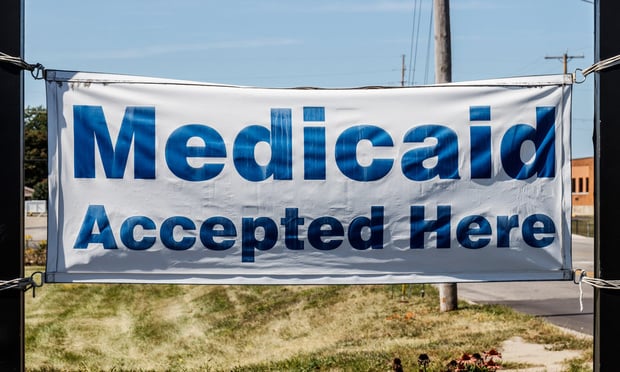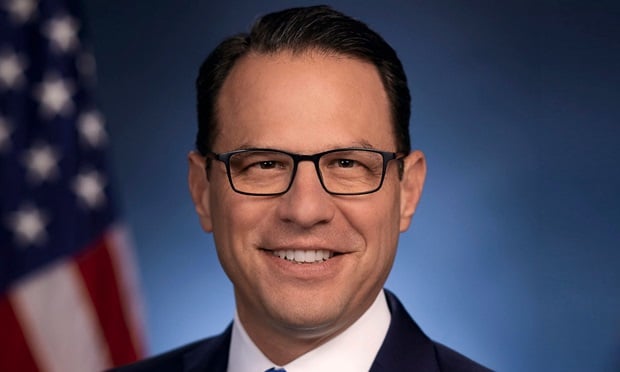March 6 (Bloomberg) — Jeanina Jenkins, a 20-year-old high-school graduate from St. Louis, is stuck in a $7.82-an-hour part-time job at McDonald's Corp. that she calls a "last resort" because nobody would offer her anything better.
Stephen O'Malley, 26, a West Virginia University graduate, wants to put his history degree to use teaching high school. What he's found instead is a bartender's job in his home town of Manasquan, New Jersey.
Jenkins and O'Malley are at opposite ends of a dynamic that is pushing those with college degrees down into competition with high-school graduates for low-wage jobs that don't require college. As this competition has intensified during and after the recession, it's meant relatively higher unemployment, declining labor market participation and lower wages for those with less education.
Continue Reading for Free
Register and gain access to:
- Breaking benefits news and analysis, on-site and via our newsletters and custom alerts
- Educational webcasts, white papers, and ebooks from industry thought leaders
- Critical converage of the property casualty insurance and financial advisory markets on our other ALM sites, PropertyCasualty360 and ThinkAdvisor
Already have an account? Sign In Now
© 2024 ALM Global, LLC, All Rights Reserved. Request academic re-use from www.copyright.com. All other uses, submit a request to [email protected]. For more information visit Asset & Logo Licensing.








